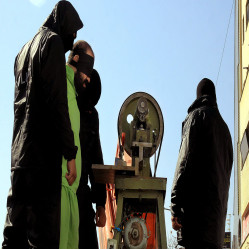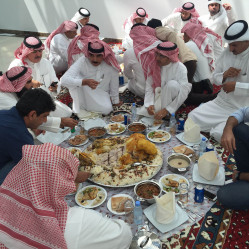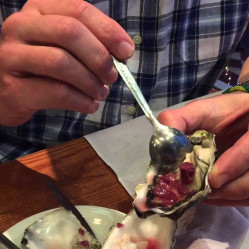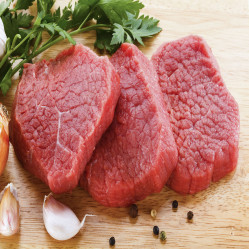Adultery
Zina stands for both fornication and adultery, which are cardinal sins. Islamically, it refers to sexual intercourse between man and woman with no legitimate marital relationship.


Zina stands for both fornication and adultery, which are cardinal sins. Islamically, it refers to sexual intercourse between man and woman with no legitimate marital relationship.

Zina is one of the gravest and most wicked sins, it leaves serious effects, causing absence of clarity of lineage. This is why, Islam warns very sternly against all extramarital relations.

To enforce the punishment for adultery, it must first be proven to have occurred. The proof required is either four confessions by the doer, or the testimony of four witnesses.

Accusing an innocent person with adultery or any immoral acts is strictly forbidden by God by clear statements. All Muslim scholars agree that it is a cardinal crime; due to the harm caused to the person and society.

The prescribed punishment for false accusation of adultery is severe for reasons such as: protecting society, safeguarding honors and putting an end to evil talk and indecency.

This article tackles the ruling on drinking intoxicants in Islam, it is unanimously agreed that it is forbidden. The reason, punishment and conditions are discussed in detail.

Theft is a cardinal sin, it is an aggression on other people’s rights. The punishment for theft is cutting the hand of the thief, but there are conditions for this to be enforced.

Ta’zir, in the Islamic law, are punishments needed to protect society against chaos and corruption. The enforcement of a ta’zir punishment is subject to the Muslim ruler’s discretion.

Enforcement of Ta’zir requires two types of actions: To neglect duties when one is able to fulfill them such as repayment of debts or doing what is forbidden such as bribes.

Ta’zir punishment has no measures, they are left to the judge’s discretion, it can go as high as the capital punishment if it protects the community as in the case of spying crime.

Types of ta’zir punishments are varied, they can be physical, financial, combination of both physical and financial, imprisonment and exile or moral punishments such as public rebuke.

Islamically, all food is lawful to eat except what God has made forbidden. God forbids only what is of no benefit to man, or what may have a bad effect on man’s health or what is sinful.

Any food that is clean and harmless is permissible in Islam, whether vegetarian or not. The Quran and the Sunnah states clearly what is forbidden to eat due to being harmful.

The basic rule about forbidden food is that whatever is unclean, unwholesome or harmful must not be eaten. All substance and alcohol are also forbidden such as poison and narcotics.

It is permissible to eat anything to which no ruling of prohibition applies. Yet, it is discouraged to eat uncooked onions, garlic and similar plants right before going to the mosque.

Slaughter should be in accordance with the way recommended by Islam, it is obligatory, if not, it is not permitted to eat that animal. Scholars unanimously agree on this.

Nikah or marriage is encouraged in Islam, it is endorsed in the Qur’an, the Sunnah and the unanimity of scholars because it protects fabric of the family and the Islamic social structure.

Islam endorses marriage to maintain one’s chastity, build a congenial relationship between a husband and wife, children, and relatives, keep the human race, and safeguard morality.

A marriage proposal is a statement made by a man making clear that he wishes to marry a woman with the knowledge of her guardian, Islam puts some rules for the engagement.

There are conditions for the validity of marriage such as acceptance, presence of the woman’s guardian, presence of witnesses and absence of any reasons that preclude the marriage.
Sorry, You must be logged in. Use link below to log in or sign up Sign in
